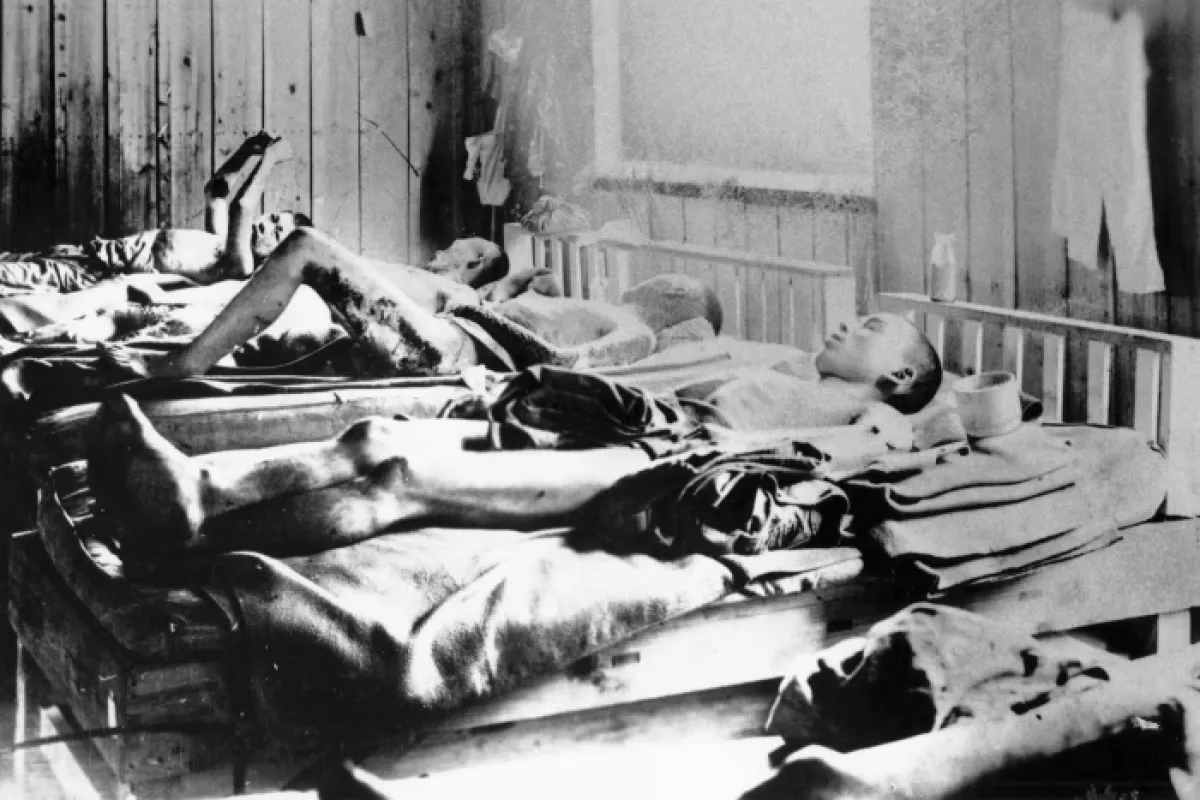Radiation from Hiroshima and Nagasaki linked to fewer cancers than expected
Eighty years after the atomic bombings of Hiroshima and Nagasaki, new research reveals a surprisingly low long-term cancer toll among survivors. According to a comprehensive study, less than 1% of those who survived the blasts and radiation have died or are expected to die from radiation-related cancers.
The findings, as presented by the Financial Times, challenge common perceptions of the long-term dangers of ionising radiation and provide fresh insight into the resilience of those known as hibakusha, which translates literally as “bomb-affected-people”.
Approximately 140,000 people in Hiroshima and 74,000 in Nagasaki died by the end of 1945 due to the immediate effects of blast, heat, and acute radiation poisoning. Japanese Prime Minister Shigeru Ishiba, speaking at the 80th anniversary ceremony in Nagasaki on August 9, emphasised the importance of passing down memories of the “brutal impact of the harm wrought by the atomic bombings.”

Philip Thomas, professor of risk management at Bristol University, conducted the study, estimating that just 3,100 out of 324,000 survivors will die from radiation-induced leukaemia or solid tumours. His results are published in the Journal of Biological Physics and Chemistry.
“This research shows that radiation, while dangerous, is a weaker cause of cancer than many people think,” Thomas said.
His analysis extends previous work by the Japan-US Radiation Effects Research Foundation, which focused on a sample of 87,000 survivors since 1950. By including additional health and demographic data, Thomas evaluated an estimated total of 324,000 people who survived the immediate aftermath of the bombings.
Using statistical models, the study extrapolated cancer mortality from the late 1940s to 2055, when the youngest possible survivors would reach age 110.
Radiation-induced leukaemia typically begins to manifest two to three years post-exposure, peaking around ten years, while some solid tumours can take over 50 years to develop.
“Even survivors who received massive doses of radiation lived remarkably long lives,” Thomas noted.
He highlighted that those who absorbed 2.25 gray—over three times the level causing radiation sickness and 100 times the yearly limit allowed for nuclear workers in Britain today—died at an average age exceeding 78.
Expert reactions
Amy Berrington, professor of cancer epidemiology at London’s Institute of Cancer Research, commented: “Fears about risks from ionising radiation can be magnified by some and minimised by others. It’s a very complex issue. But Thomas’s overall conclusions are broadly consistent with previous research on the cancer risks in the Hiroshima and Nagasaki survivors.”
She cautioned, however: “We have to be very careful about extrapolating the findings to other exposure settings without more information about the different doses to which the population was exposed to.”
Current status of Hibakusha
According to Japan’s health ministry, 99,130 hibakusha remain, of whom about 4,738 have been deemed eligible for special medical payments for illnesses caused by radiation. Ishiba stressed that communicating the “true nature” of the atomic bombings’ long-term health impacts is “crucial as the starting point for all efforts towards nuclear disarmament.”
Berrington also highlighted a reassuring finding: research shows no transgenerational health effects.
“No health risks were passed on to their children,” she said, noting this concern was particularly acute during crises such as the Fukushima Daiichi nuclear disaster in 2011.
She added that similar findings were observed in workers exposed to high radiation levels after the 1986 Chornobyl accident.
By Sabina Mammadli








